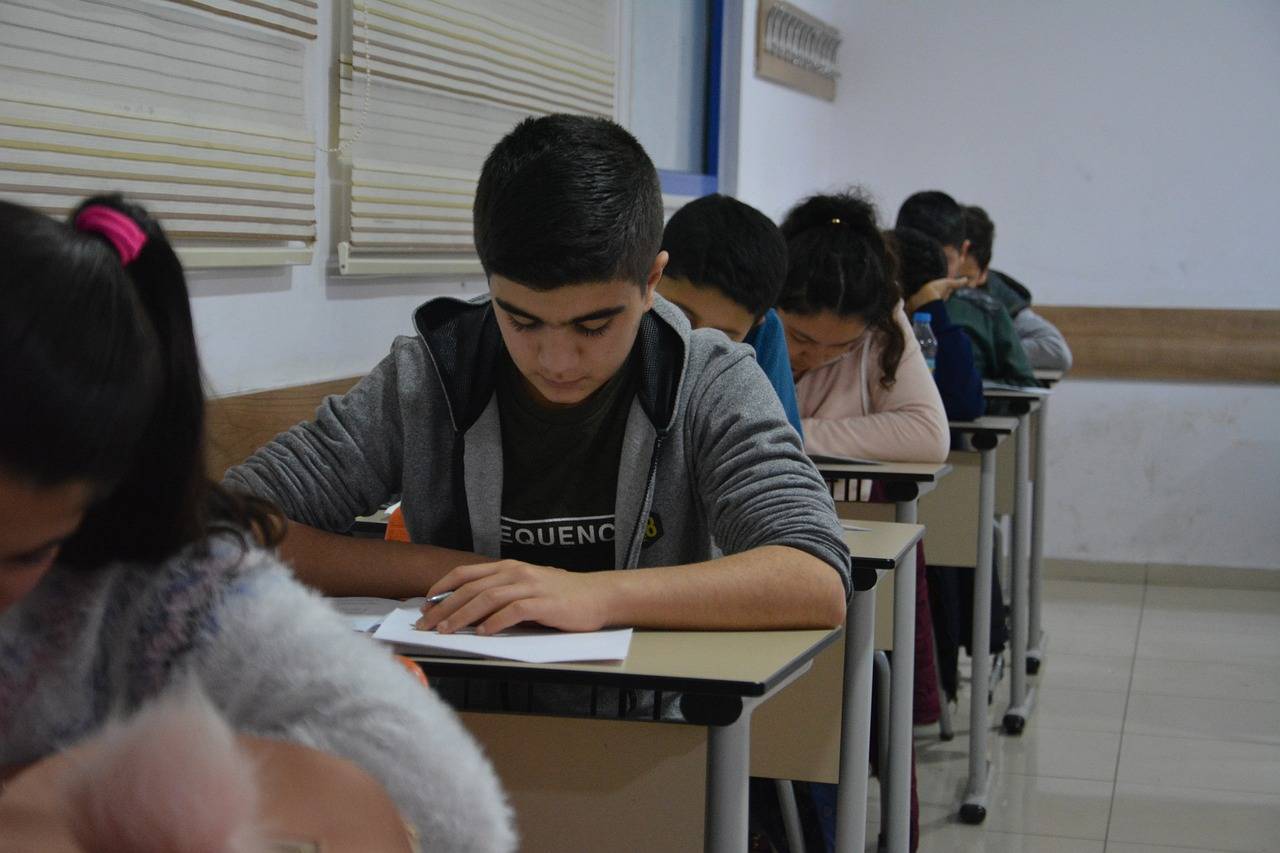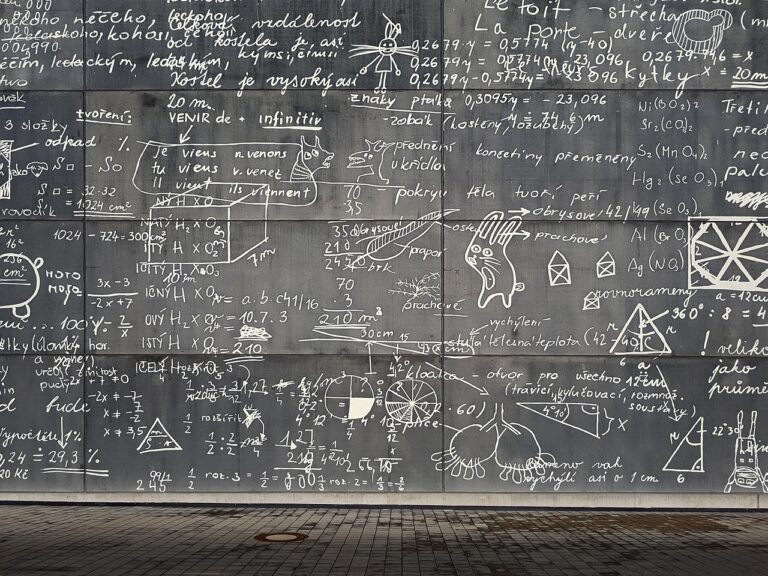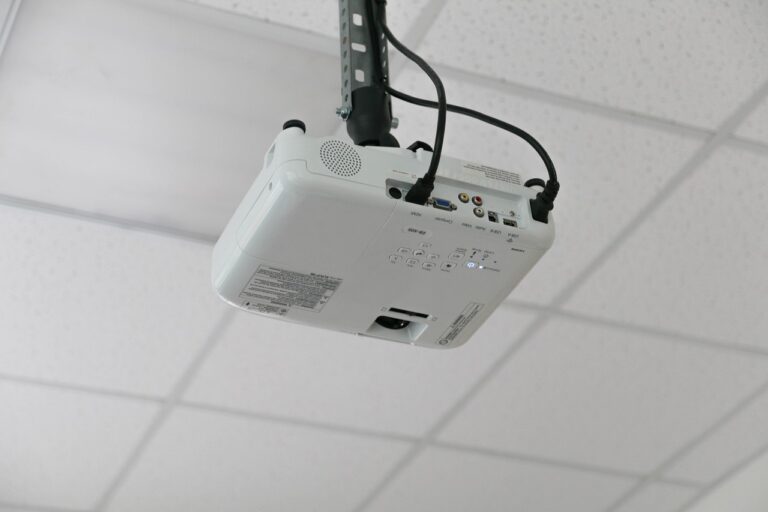Examining the Role of Peer Feedback in Improving Student Writing Skills
Peer Feedback is a valuable strategy that can significantly improve writing skills. When students receive feedback from their peers, they gain fresh insights and perspectives on their work. This constructive criticism helps writers identify areas for improvement and encourages them to refine their writing style.
Engaging in peer feedback also fosters collaboration and communication skills among students. By providing feedback to their peers, students learn to articulate their thoughts effectively and develop a deeper understanding of what constitutes good writing. This collaborative approach not only enhances writing skills but also cultivates a sense of community within the classroom, where students can learn from one another and grow together as writers.
Benefits of Peer Feedback in Writing Improvement
Peer feedback in writing is an effective method for improving overall writing skills. By receiving input from peers, writers can gain fresh insights and perspectives on their work that they may not have considered on their own. This feedback can help writers identify areas of strength and weakness in their writing, allowing them to focus on specific areas for improvement.
Moreover, peer feedback encourages collaboration and a sense of community among writers. By engaging in constructive critique and dialogue with peers, writers can build a supportive network that fosters growth and development in their writing abilities. This sense of camaraderie can be motivating and inspiring, pushing writers to strive for excellence in their craft.
Challenges and Solutions in Implementing Peer Feedback
One of the key obstacles in implementing peer feedback is the varying levels of engagement among students. Some students may lack the motivation or interest to provide constructive feedback to their peers, while others might not value the feedback they receive. This disparity in engagement levels can hinder the effectiveness of the peer feedback process.
Another challenge is the issue of power dynamics within peer relationships. Students may feel uncomfortable providing honest feedback to their peers, especially if they are friends or belong to the same social circle. This hesitation can prevent students from offering valuable suggestions for improvement, limiting the potential benefits of peer feedback. However, fostering a culture of mutual respect and emphasizing the importance of constructive criticism can help mitigate these power dynamics and encourage more meaningful feedback exchanges.





